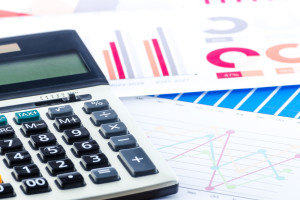
Congratulations on your marriage! Marriage has a big impact on practically every aspect of your life, including your tax return. If you’ve recently gotten married and want to learn more about how your new status will affect your taxes, accountant Randall Dang offers his expertise on the subject.
Spouses in Canada Must File Separately
Unlike other countries such as the United States, in which married couples have the option to combine their incomes and file a single tax return, common law in Canada requires that each spouse file a separate tax return. Married couples in Canada cannot file a single joint income tax return.
What It Means to File Separately
Filing separately means you and your spouse’s incomes are separated and you and your spouse are both responsible for paying the taxes, interests, and penalties due on your individual returns.
Getting the Most from Your Tax Return
Although not having the option to file jointly may seem restricting, there are things couples can do to reduce the total amount of taxes they have to pay and get the most from their tax return.
- The spouse with the higher income should maximize their deductions in order to reduce paying taxes at a higher rate.
- You can claim charitable donations on one of the tax returns to reduce the amount you pay on your income taxes.
- You can claim a tax credit for medical expenses you or your spouse paid, as long as they were paid within the 12 month period ending in the current tax year.
- If you or your spouse has a disability, you can take advantage of the disability tax credit. This tax credit covers a broad spectrum of physical and mental impairments, many of which aren’t typically associated with a disability, and can be used to reduce the amount of income tax you have to pay.
If you need help filing your tax return, or have questions, contact accountant Randall Dang for more information.
